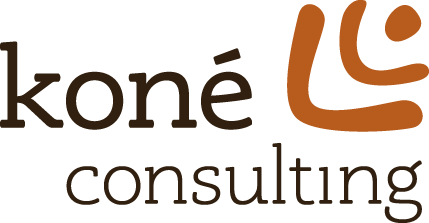Forecasts, guesses, and the collapse of the sun
“Some one told me one morning not so very long ago that the sun was getting a mile smaller across every ten years. It gave me a shut-in and helpless feeling. I found myself several times during that day looking at it anxiously. I almost held my hands up to it to warm them. I knew in a vague fashion that it would last long enough for me. And a mile in ten years was not much. It did not take much figuring to see that I had not the slightest reason to be anxious. But my feelings were hurt. I felt as if something had hit the universe. I could not get myself—and I have not been able to get myself since—to look at it impersonally. I suppose every man lives in some theory of the universe, unconsciously, every day, as much as he lives in the sunlight. And he does not want it disturbed. I have always felt safe before.”
Magic 8-Ball says: “Outlook not so good.”
What’s the difference between a forecast and a guess? You can make a guess about the future behavior of some system intuitively. You can forecast the future behavior of the same system with a few data points, or with some terrific, road-tested model. It might not turn out to be a very good guess, or make for a very good forecast. But either way, you’re expressing a theory of some little corner of the universe, and you can use that to plan for the future.
In the case of old Gerald Stanley Lee worrying about the forecasted death of the sun, his plan was—so far as I can tell—to write an odd little book about machine aesthetics (“If the hill be beautiful, so is the locomotive that conquers a hill. So is the telephone, piercing a thousand sunsets north to south, with the sound of a voice.”) and to fret.
And in the case of the forecast on the right, I had the opportunity to teach my little boy how to use a gallon of RV antifreeze on some rustic plumbing. I think we bought the last gallon of RV antifreeze on offer in this county.
Some forecasts are more useful than others, but even a forecast that’s “just OK” can help you do better than guessing—by giving you a chance to get past your own cognitive biases.
Cognitive Bias Codex by Buster Benson et al
Of course, good guesses contain plenty of wisdom. Intuition and good judgement are real, and guesses come with a lot of experience baked in. So the challenge is to figure out the logic or theory behind an individual’s or group’s best guesses and incorporate those into forecasts. If the method of computing a forecast is open to display, people can argue about it and make the forecast smarter over time.
The most useful forecast is one that comes with some agreements about signals and responses built in. These are answers to questions like: How will we look at the data? How and when will we adjust the forecast? And, most importantly: If we believe this forecast, what should we do in response? This gets us out of the business of worrying about routine variation, or the suffering that comes from forecasting only the “happy path” where everything goes perfectly and without delay. We can take some of the energy we save and invest it in continuous improvement—trying to improve our systems so that our forecasted results move closer to where we want them to be. I’m grateful to be working with clients and colleagues who are doing precisely that.
I’ll leave you with two great starting points for thinking about forecasting as it relates to continuous improvement and group decision-making:
“Measures of Success”, the most recent book by Mark Graban. Get the book here or hear why I recommend it.
“Understanding Variation”, a classic little book by Donald Wheeler. Order a copy.
Thanks. -Brian

